‘Kung Fu Panda 4’ Co-Director Says Hollywood Execs “Totally See The Influence And Impact Anime Has On The World” But Still “Think That Audiences Don’t Like These Kinds Of Stories”
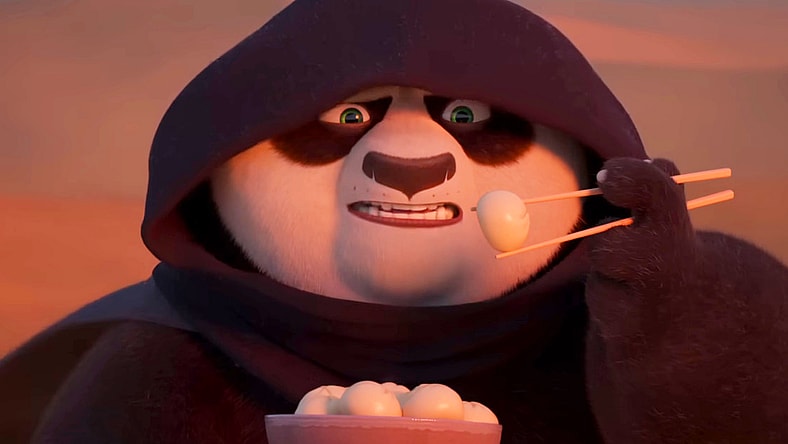
In what may go down as perhaps one of the most baffling revelations to ever come out of the modern animation industry, Kung Fu Panda 4 co-director Stephanie Ma Stine has alleged that while Hollywood executives are fully aware of the “influence and impact” that anime has had across the globe, they still refuse to take any lessons from the medium due to their own bizarre belief that “audiences don’t like these kinds of stories.”
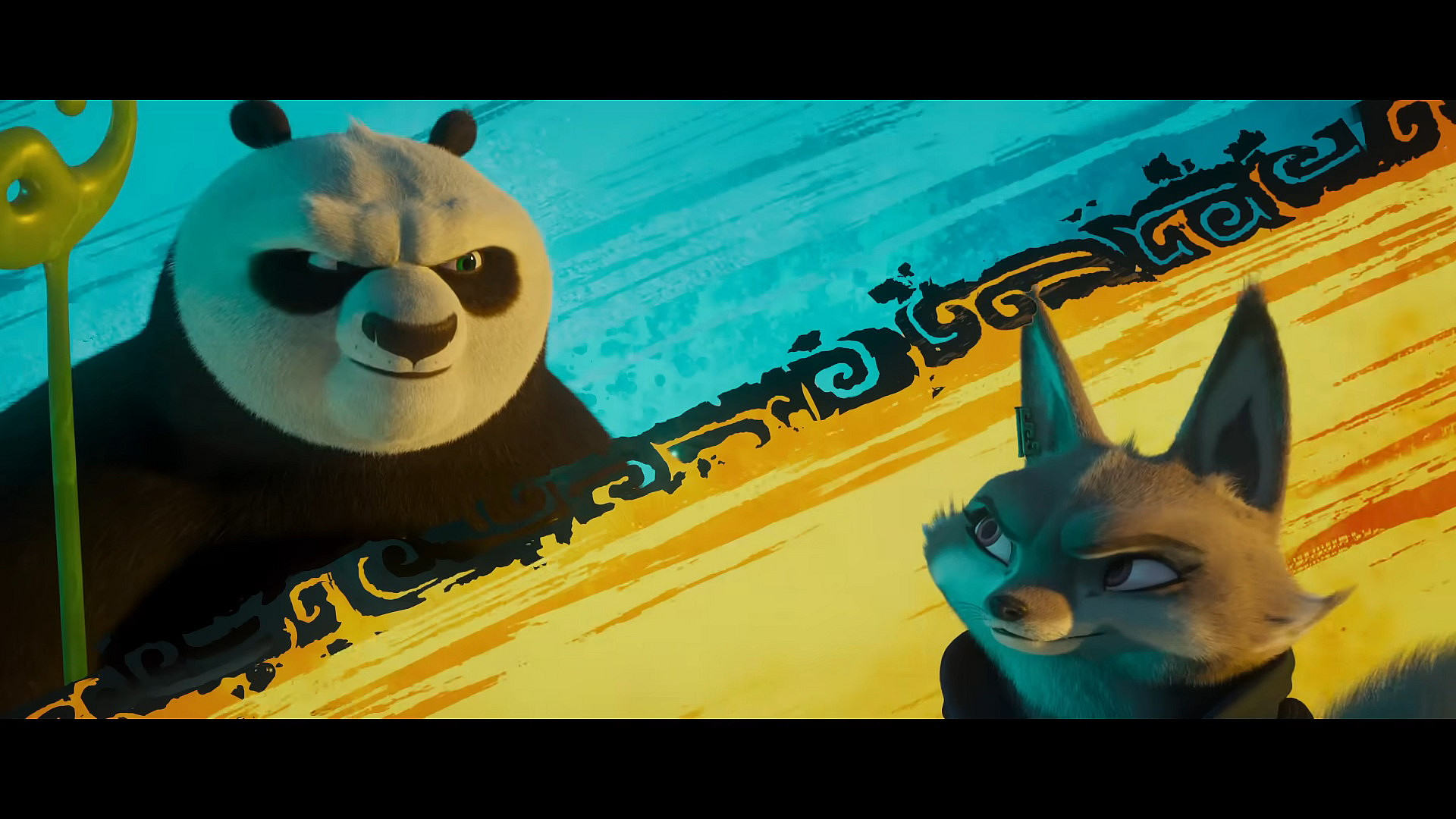
Stine, whose Hollywood credits including stints serving as a director on a handful of She-Ra and the Princesses of Power episodes and a storyboard artist on Raya and the Last Dragon, offered this insight into the thought processes of her industry’s higher-ups while fielding questions from users on the official /r/KungFuPanda subreddit Discord server.
Asked by a fan as to her “opinion on more serious tones and scenes for animated movies, like that one scene from Puss in Boots [wherein the titular hero experiences a panic attack after realizing that he has used up eight of his nine lives]”, Stine exclaimed in return, “I FREAKING LOVE IT!! Especially since so many audiences these days have grown up on more mature stories everywhere.”
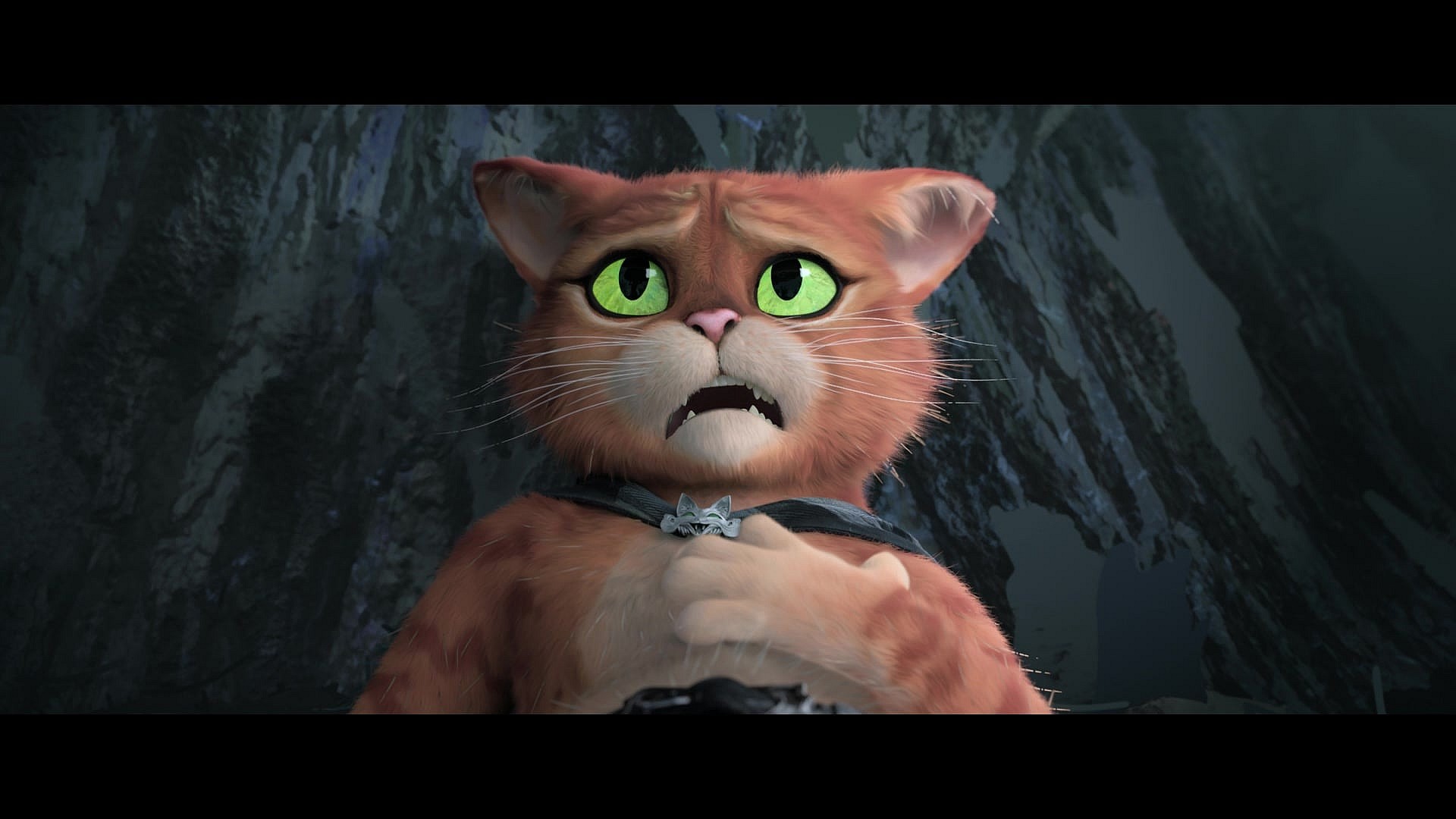
Turning to broach the topic of the popular Japanese medium, the director continued, “I think in most bookstores for example, the manga/anime section takes up a majority of floor space HAHAHA.”
“But here’s the catch,” she then detailed, “a lot of the people in charge of the finances of making a movie think that audiences don’t like these kinds of stories.”
“I’m not sure why,” said Stine. “Every time I’ve talked to an executive, they’ve told me that ‘Yes, they totally see the influence and impact anime has had on the world’, but ‘No, we will not do that’.”
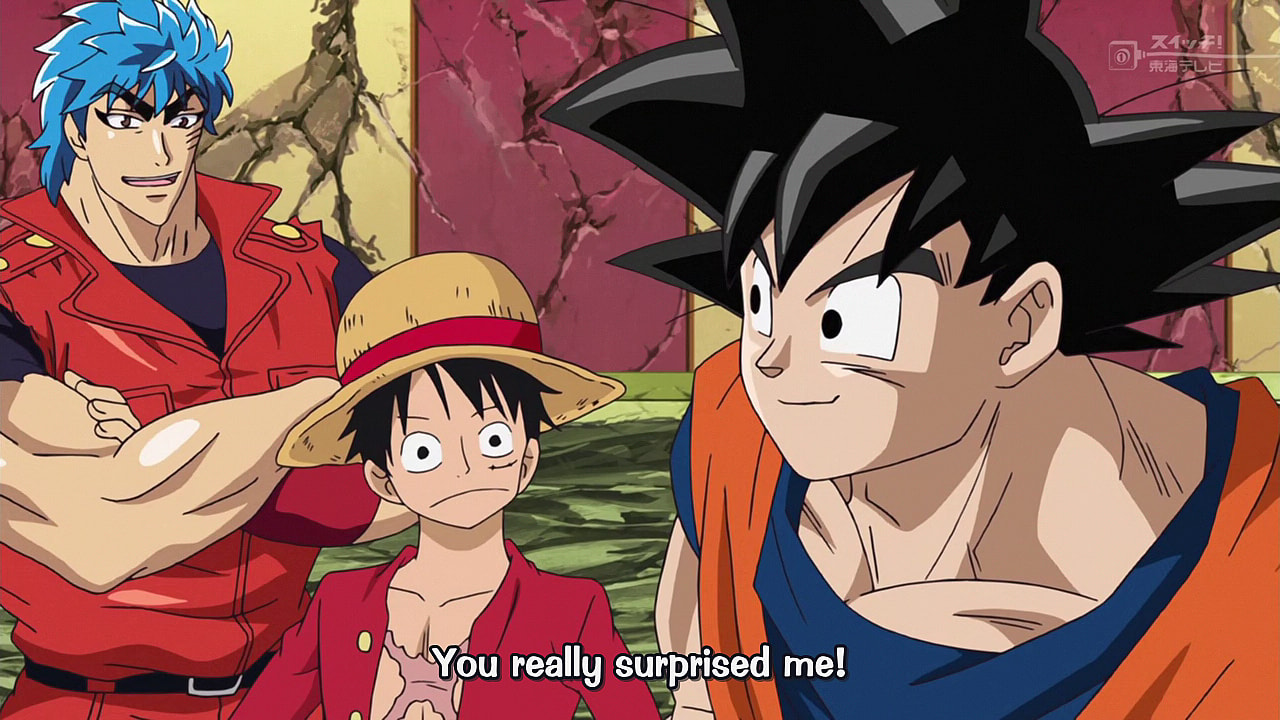
RELATED: ‘Kung Fu Panda 4’ Review – A Fun and Flavorful Animated Sequel
In light of this lack of creative curiosity from the Western film industry, the Kung Fu Panda 4 co-director closed out her thoughts on the topic by opining, “It is the highest of miracles to me that Spider-Verse was made in America.”
“No surprise to me that Arcane was made, since it originated in games,” she added. “Riot knows how to be cool; and it was animated in France by a badass team of filmmakers.”
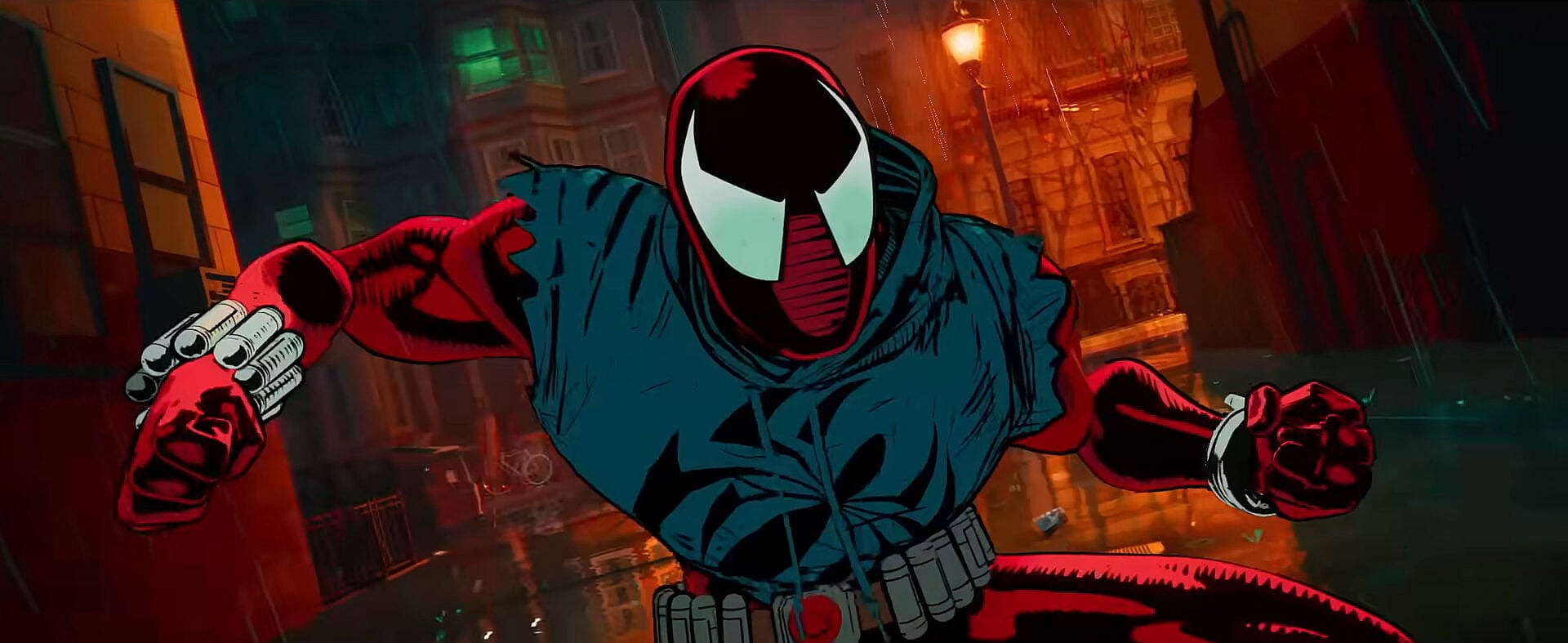
Notably – and unfortunately, as many an anime fan can attest to – this dismissive attitude towards anime is not a sentiment unique to Hollywood, but rather a common one held throughout much of the West’s various entertainment industries.
From former Power Rangers EP Simon Bennett advocating for the franchise to abandon its tokusatsu roots in order to appeal to a wider audience, to DC and Marvel Comics writer Gerry Conway accusing manga of having a “rampant sexism and misogyny” problem due to its regular featuring of attractive female characters, to the Western video game industry’s regular writing off of Japanese titles – particularly those that lean into the anime aesthetic – as infantile, it’s clear that more and more ‘established’ Western creators are beginning to take public issue with their Eastern counterparts.
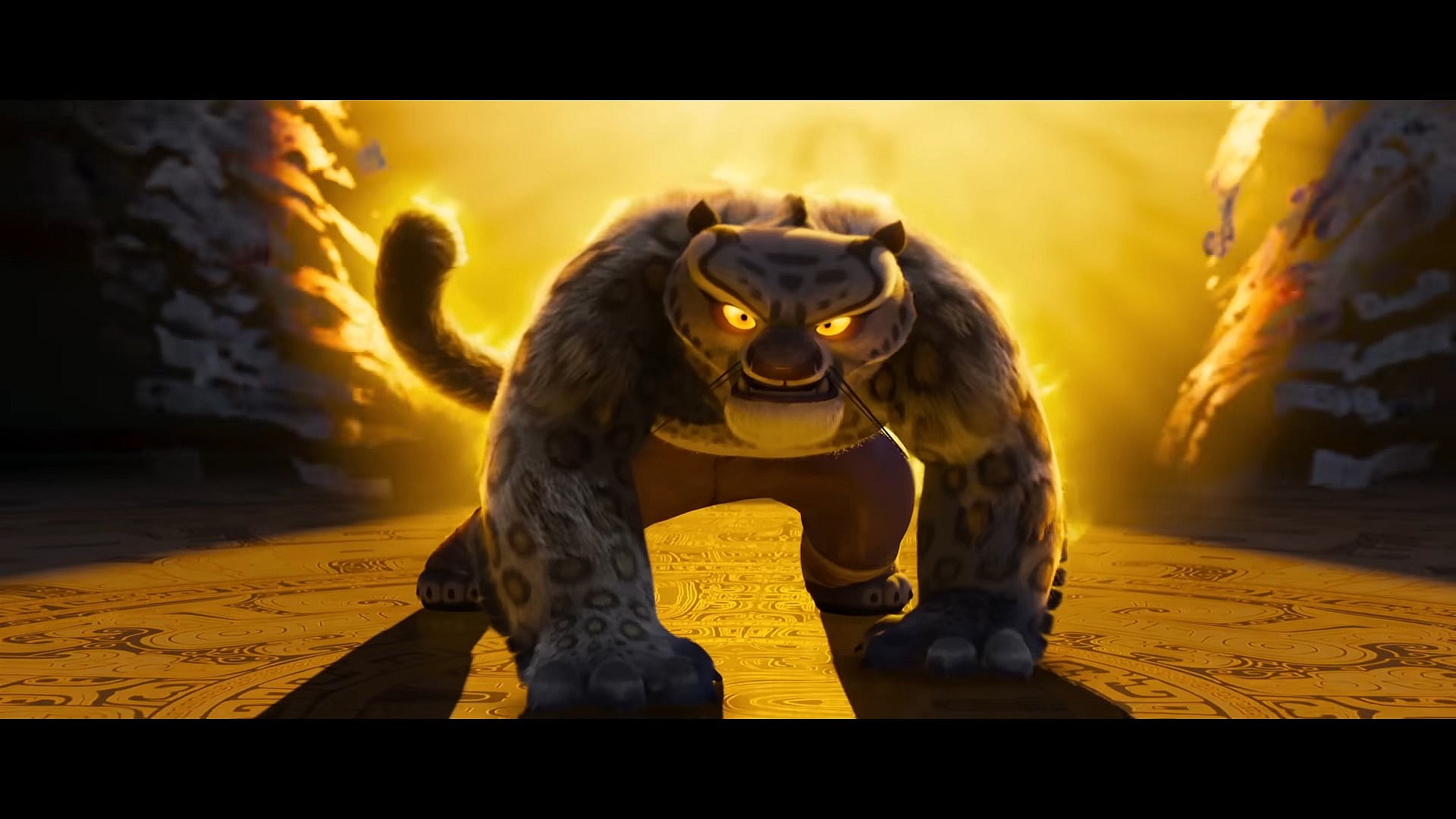
As to the exact reason why, while no single individual has come out with any sort of declarative statement regarding their feelings, common sense suggests that said disdain is fueled entirely by a combination of ignorance towards the medium, jealousy of its success, and a refusal by Western creators to accept responsibility for their own professional failings.
Sadly, until such time as the West can both truly embrace and appreciate anime for its unique identity and learn to let their egos down in order to learn and improve their craft, the Land of the Rising Sun looks on track to continue its rising domination of near every creative medium.

NEXT: Dark Horse Comics Reveals “Manga is 1% Of Our Output, But Represents 66% Of Our Sales”
